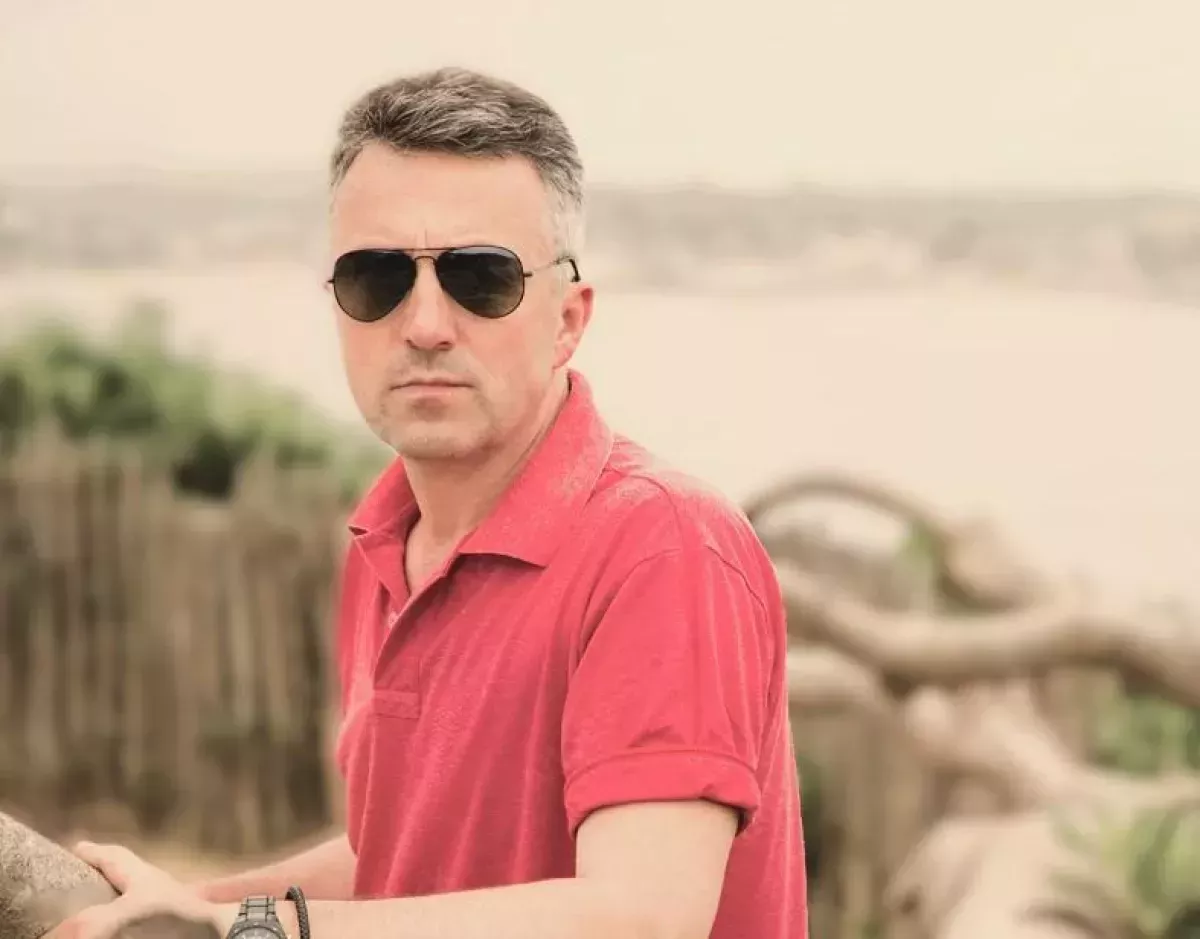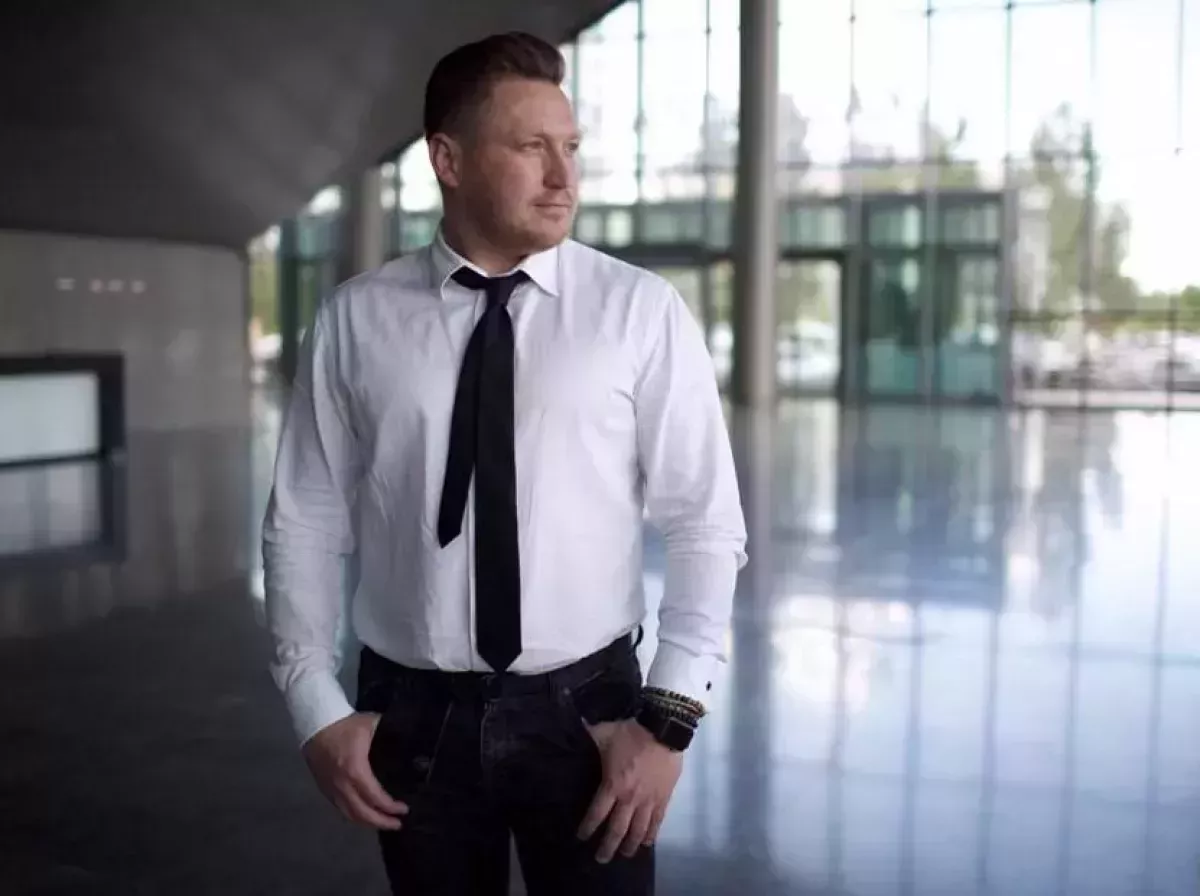Moscow warns, Yerevan waits Analysts weigh in on Russia’s stern message to Armenia
Amid Armenian Prime Minister Pashinyan’s first official visit to Türkiye, another event — highly symbolic for Yerevan and with a rather intriguing subtext — received less media attention. Specifically, remarks made by Russian Deputy Prime Minister Alexei Overchuk at the St. Petersburg International Economic Forum regarding Armenia’s current political course.
Judging by the tone of his statements, Moscow is far from optimistic about the future of its relations with Armenia, expressing clear scepticism, irritation, and concern over Pashinyan’s political manoeuvring. Overchuk, in particular, stated that Armenia’s pursuit of European integration is hindering its cooperation with the Eurasian Economic Union (EAEU), which could have disastrous consequences for the country. According to him, due to Yerevan’s pro-EU stance, Russian businesses have become more cautious: in 2024, trade turnover dropped by $2 billion, and by 2025, losses may reach $6 billion. For a country with a GDP of $26 billion, this would mean a 23% loss.
"And this is merely the reaction of Russian business to Armenia’s internal debate," noted the Deputy Prime Minister, who also warned, for instance, that Russia fears Armenia’s deepening European integration could eventually lead to the closure of its airspace to Russian aircraft — just as the EU has already done.
What do these rather unequivocal statements from a high-ranking Russian official mean? Are they merely an angry outburst, or a signal that Moscow is preparing a series of measures — a cold shower, so to speak — designed to steer Yerevan back onto the path of loyal service to its suzerain?
Russian and Belarusian political analysts shared their views on this with Caliber.Az.

According to Russian political analyst Dmitry Gradov, Moscow — through the voice of Deputy Prime Minister Overchuk — has issued a rather stern warning to Yerevan, and its timing is far from coincidental.
“It’s hard not to link Overchuk’s sharp remarks to Yerevan’s recent actions, which Moscow clearly views with alarm. First, there’s the arrest of Samvel Karapetyan, whom Pashinyan accused of anti-state rhetoric and undermining Armenian statehood. However, Karapetyan is a Russian-based businessman and one of the wealthiest Armenian entrepreneurs operating in Russia, known for his loyalty to Moscow’s policies. With this move, the Armenian prime minister essentially signalled his readiness to confront Russian business interests or Moscow-aligned Armenian political figures — particularly if he perceives them as threats to his power.
It’s also evident that Pashinyan’s visit to Türkiye has unsettled Moscow, reinforcing the impression that he intends to outmanoeuvre Russia and seek a new ally in Erdoğan — without seeking the Kremlin’s blessing.
Overchuk made it clear that Armenia is on the verge of crossing red lines. Russian business now understands it has no future in the country if Yerevan is set on joining the EU,” the analyst stated.
According to him, it’s clear that the Deputy Prime Minister has chosen to speak on behalf of all Russian businesses — warning that if the Armenian prime minister continues to pursue an unfriendly policy and arrests pro-Russian businessmen and politicians in Armenia, there will be consequences.
In the analyst’s view, Moscow is making it unmistakably clear that it considers Pashinyan’s political course to be anti-Russian and dangerous.
“The EU has closed its skies to Russian aircraft. Will Armenia do the same? If you join the European Union — yes, because Brussels will tell you to close your airspace, and you will — you’ll have no choice. And then what?” Gradov noted. “This is Overchuk’s direct question, pointing to the fact that Moscow sees Armenia’s current trajectory as harmful to its interests — and has no intention of tolerating it.”

For his part, Belarusian political analyst Borislav Osinchuk believes that Moscow is no longer trying to persuade Yerevan — it is now clearly outlining the measures that will be taken if Armenia continues on its pro-Western path. As the Russian Deputy Prime Minister explicitly stated, it is impossible to be part of both the EU and the EAEU at the same time.
“These are clear signals to the Armenian public. Overchuk invited Armenian citizens to imagine how choosing the EU would affect their lives — and it’s evident that Moscow is prepared to take the most radical measures. The overall context of his remarks suggests that the Kremlin has information indicating that Armenia is no longer prepared to engage in a relationship of trust with Russia and instead intends to betray Russian interests in Brussels. In the current geopolitical environment, this is unacceptable for the Kremlin.
That is why we see the Deputy Prime Minister openly naming punitive economic steps that could be taken immediately — each of which carries serious consequences for the Armenian economy.
For example, Overchuk warned that a complete shutdown of air travel between Russia and Armenia could follow — making it more difficult for families to visit one another and drastically reducing the flow of Russian tourists. There is also the threat of cutting off Armenian cargo access to Russian markets via the Upper Lars customs checkpoint, where shipments would be subjected to total inspection — immediately impacting Armenia’s economic situation. Just these two measures alone would deliver a swift and painful blow to the Armenian population.
Overchuk’s forecast that trade between Russia and Armenia may decline sharply by the end of 2025 points to a deeper reality: Russia has lost its primary interest in Armenia — namely, as a reliable transit country supporting its needs in ‘grey exports.’ Moscow appears ready to sacrifice its trade with Yerevan and is deliberately moving to reduce it. And that is the most ominous signal Armenia could receive,” Osinchuk concluded.








